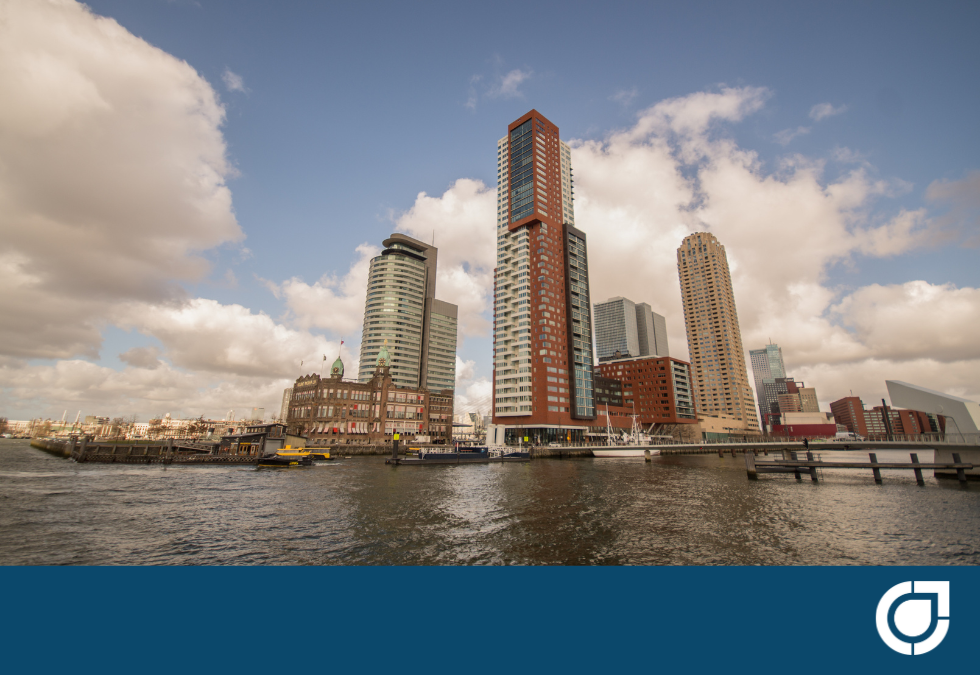The Netherlands, known for its innovative spirit, robust economy, and strategic location, offers a wealth of opportunities for international entrepreneurs. However, beneath its progressive exterior lies a distinctive set of business customs and expectations that, if not understood and embraced, can pose challenges for those seeking success in this market.
Are you planning to venture into the Dutch business landscape? Understanding the Dutch way of doing business is crucial for a successful expansion. From language and communication styles to workplace dynamics and negotiation tactics, here’s what you can expect when doing business in the Netherlands.
Language: English is Your Friend
One of the first things you’ll notice when doing business in the Netherlands is a widespread proficiency in English. The Dutch start learning English at a young age, and it’s a mandatory part of their education. This means that, for many business-to-business (B2B) interactions, English can be used without difficulty. Many Dutch even conduct B2C (business-to-consumer) transactions in English as well.
While larger cities are generally English-friendly, smaller towns might have fewer English speakers. However, most municipalities are actively catering to international businesses and often host international schools.
Communication Style: Directness and Politeness
Dutch communication is known for its directness. Dutch professionals will often value clarity and expect the same from their counterparts. However, this directness should not be confused with rudeness or aggression; it’s simply their preferred communication style.
Here are some tips for foreigners engaging in business conversations with the Dutch:
- The Dutch can be reserved initially, so building relationships may take time.
- They are polite but maintain a balance; they often appreciate politeness without excessive niceties.
- Embrace directness in your communication. Clear and straightforward requests are valued.
- Avoid roundabout expressions – not getting right to the point you’re trying to make – as the point you’re trying to make may be perceived as lack of clarity, deceptiveness, or unimportant and could be ignored.
Hierarchy: Everyone Has a Voice
Dutch organizations can operate with a relatively flat hierarchy. Decision-making is often based on consensus, and managers may actively seek input from employees at all levels. Challenging managers on decisions is not uncommon if it’s believed that all perspectives haven’t been considered.
For foreigners, this means:
- Hierarchies and titles are less emphasized in Dutch workplaces.
- First names are commonly used within organizations.
- Approach meetings with an open mind and be prepared for feedback from various levels.
Greetings: Handshakes and Air Kisses
Dutch greetings are generally formal and not overly physical. When meeting for the first time, expect a handshake. Once a relationship is established, cheek-kissing (air kisses) starting with the right side may follow, with three kisses for the Dutch and sometimes two for foreigners. Avoid hugging or back-slapping, as these are not common in Dutch business culture.
Meetings: Punctuality and Consensus
Meetings in the Netherlands are typically well-structured with set agendas and timeframes. Due to the consensus-building approach, meetings may take longer than you’re accustomed to.
For foreigners:
- Punctuality is crucial: Arrive at least 5 minutes early.
- Be prepared for thorough discussions. Decisions require input from various stakeholders.
- Some meetings may conclude without a final decision.
Negotiations and Contracts: Pragmatic Approach
Dutch negotiators are known for their astute business skills. Here’s what you need to know:
- Use facts and figures, maintaining a clear and logical approach.
- Expect thorough scrutiny of every aspect of a decision.
- Negotiations may start with high energy back and forth discussion looking at situations from a variety of perspectives, but not aggressively so.
- Agreements are strictly enforced and a handshake signifies a binding deal.
Email Protocol: Formality Matters
Dutch email correspondence leans towards formality, unlike the casual style often seen in American emails. Always include greetings or salutations and starting an email with ‘Dear’ is common.
Work-Life Balance
Work-life balance is highly valued in the Netherlands. When working with Dutch colleagues or employees, keep in mind:
- Many Dutch people work to earn money for their “real life” outside of work.
- They often expect to be free from work-related interruptions at home or during vacations.
- Dutch employees can be highly efficient at work and prioritize focused productivity.
- Emails outside of work hours may not receive immediate responses.
Doing business in the Netherlands offers a unique blend of directness, consensus-driven decision-making, and a strong focus on work-life balance. Understanding and adapting to these cultural norms will be key to a successful business venture in this innovative European nation.
Check out the Globig Netherlands Knowledgebase for more essential advice on your business expansion. Globig also has experts available to help you navigate your expansion in the Netherlands and globally!
